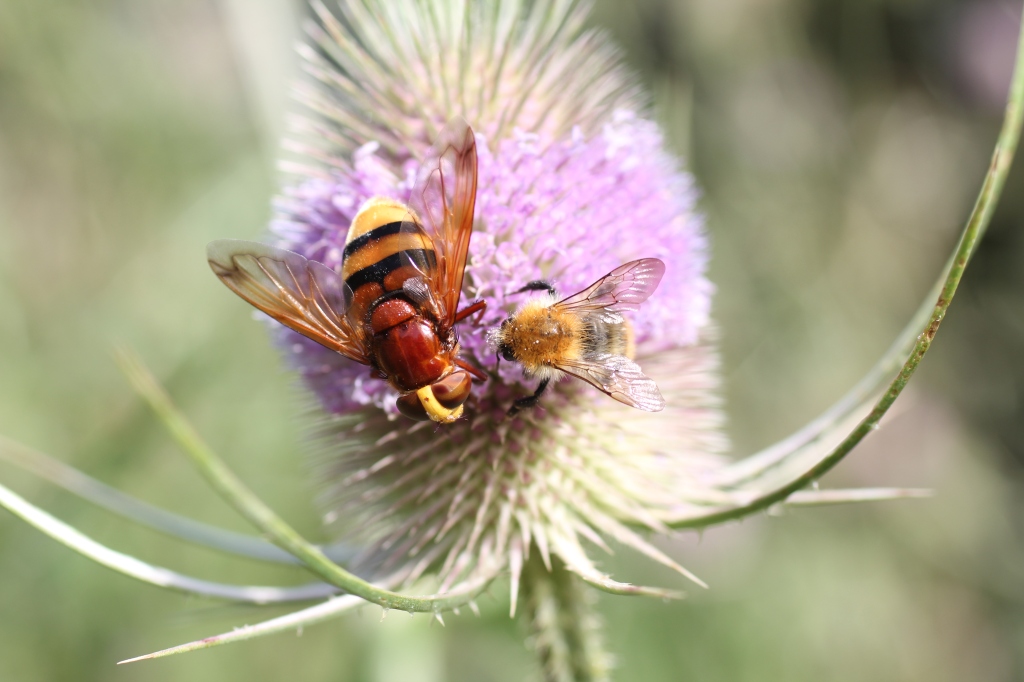Pollination services are essential for agriculture and food production, especially in rural areas. Bees are the most common pollinators, but other insects such as butterflies and moths also play a role. Pollination is crucial for the growth and reproduction of plants, which in turn provide food for animals and humans.
According to research by the Food and Agriculture Organization (FAO), over 75% of global food crops rely on pollination by animals. This includes fruits, vegetables, nuts, seeds, and oils. Without pollinators like bees, these crops would not yield fruit or produce seeds.
However, there has been a decline in bee populations due to habitat loss, pesticide use, climate change and disease. This has led to concerns about future food security.
To address this issue farmers have started using managed honeybees to supplement natural pollinators. In some cases farmers can rent hives from local beekeepers or even become beekeepers themselves.
Overall it is important that people understand how vital pollination services are to our food system and take steps to protect them through sustainable farming practices that encourage habitat restoration for native pollinators like bees as well as reducing pesticide use where possible.


Leave a comment